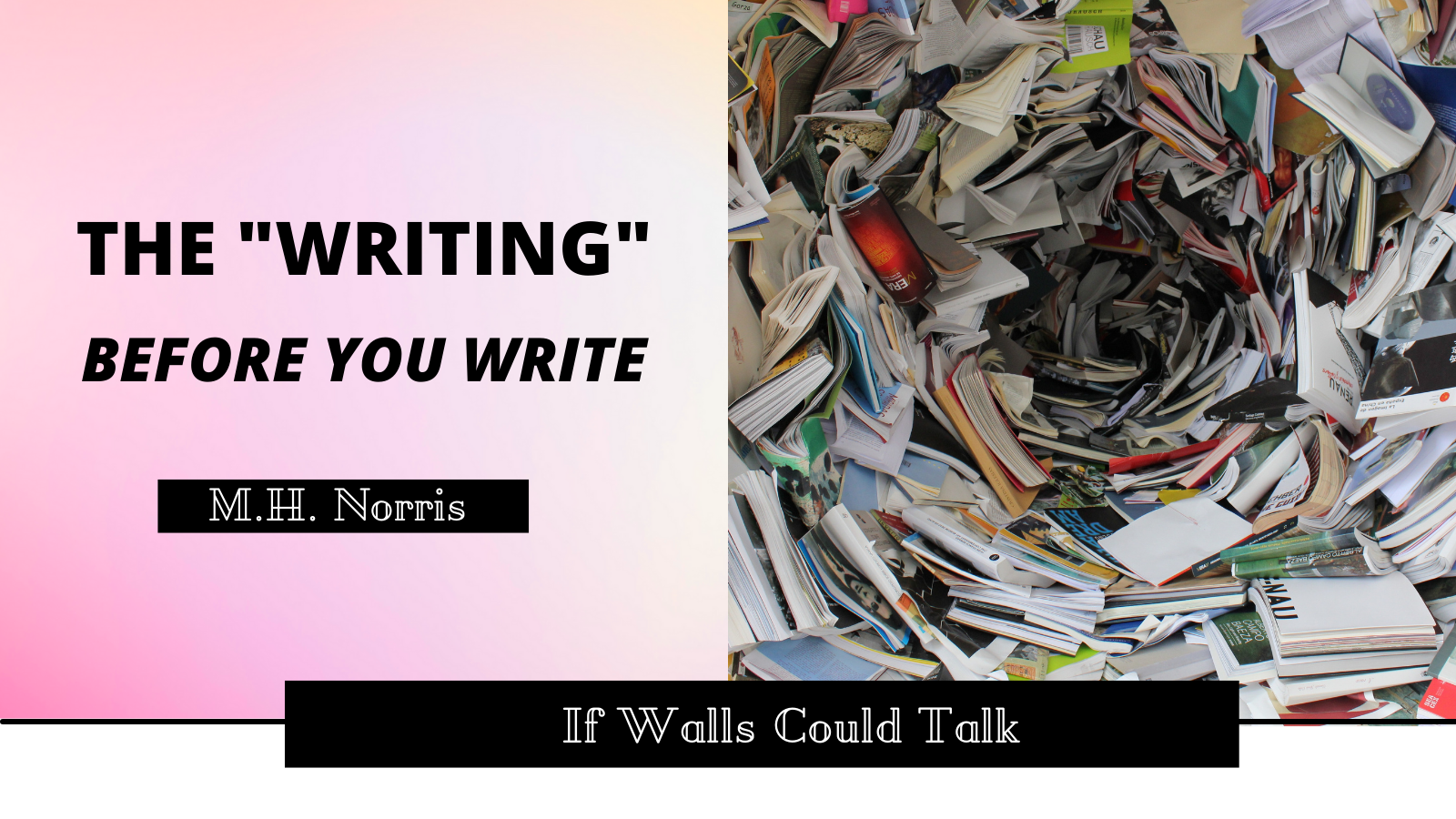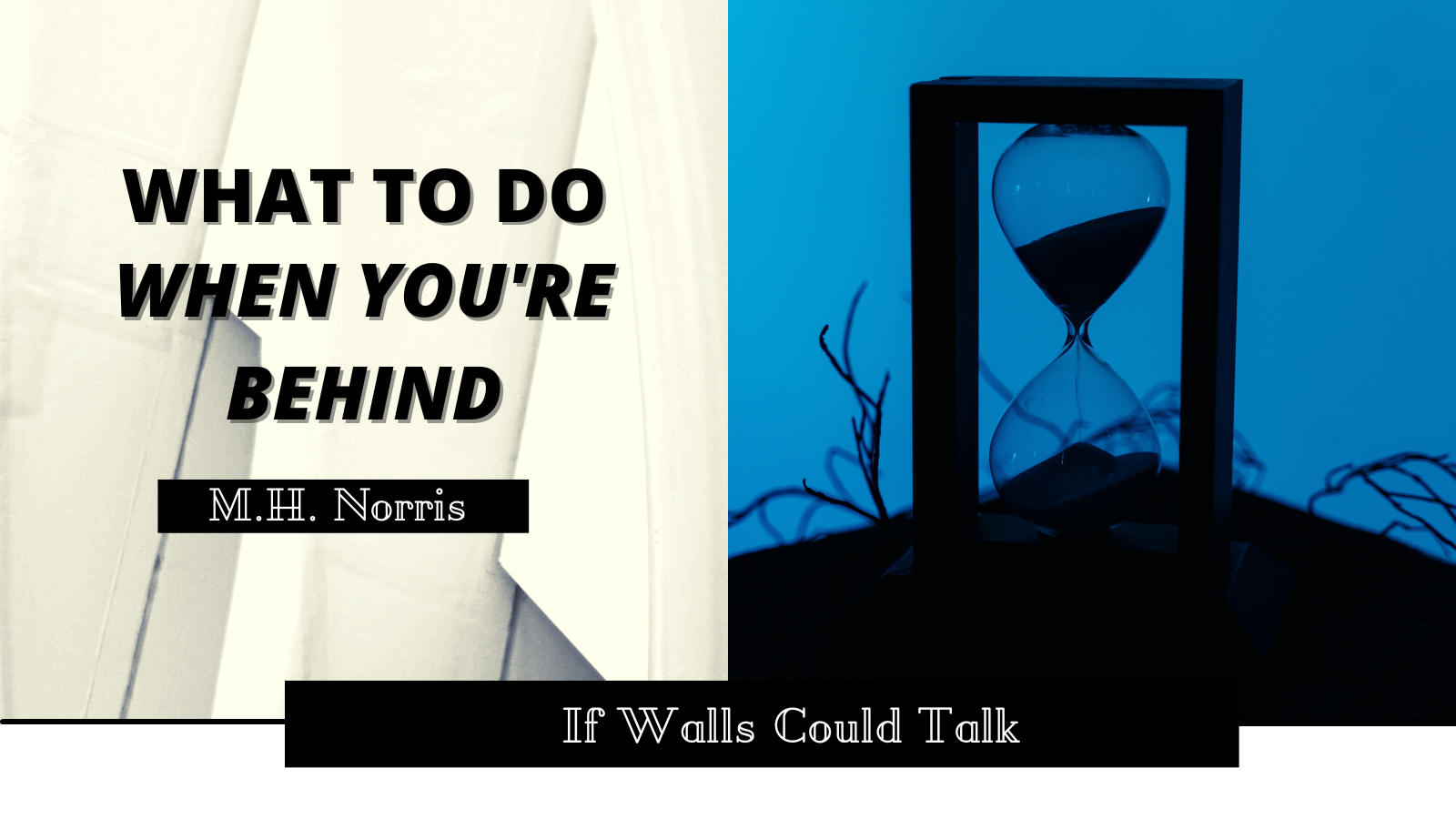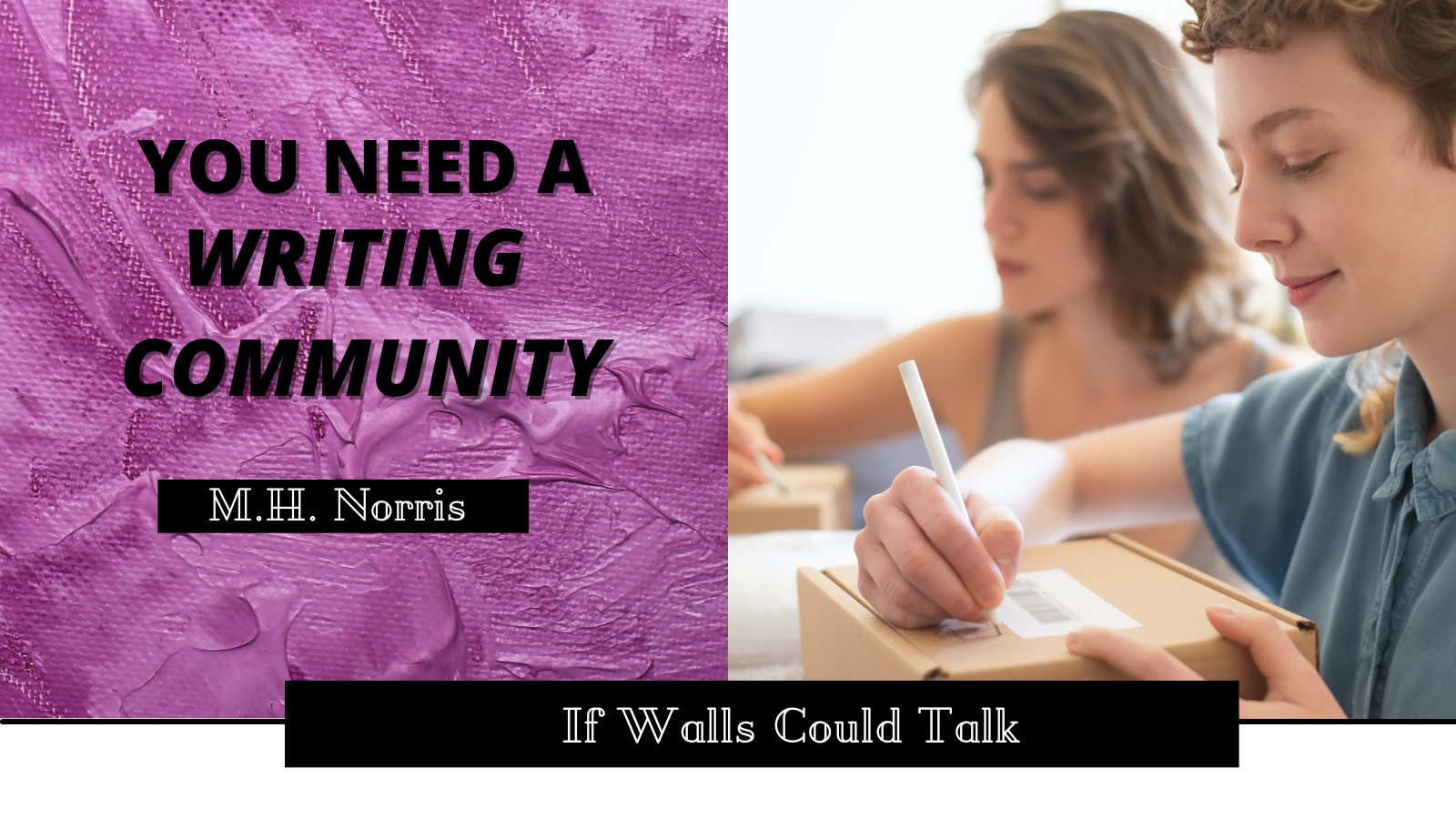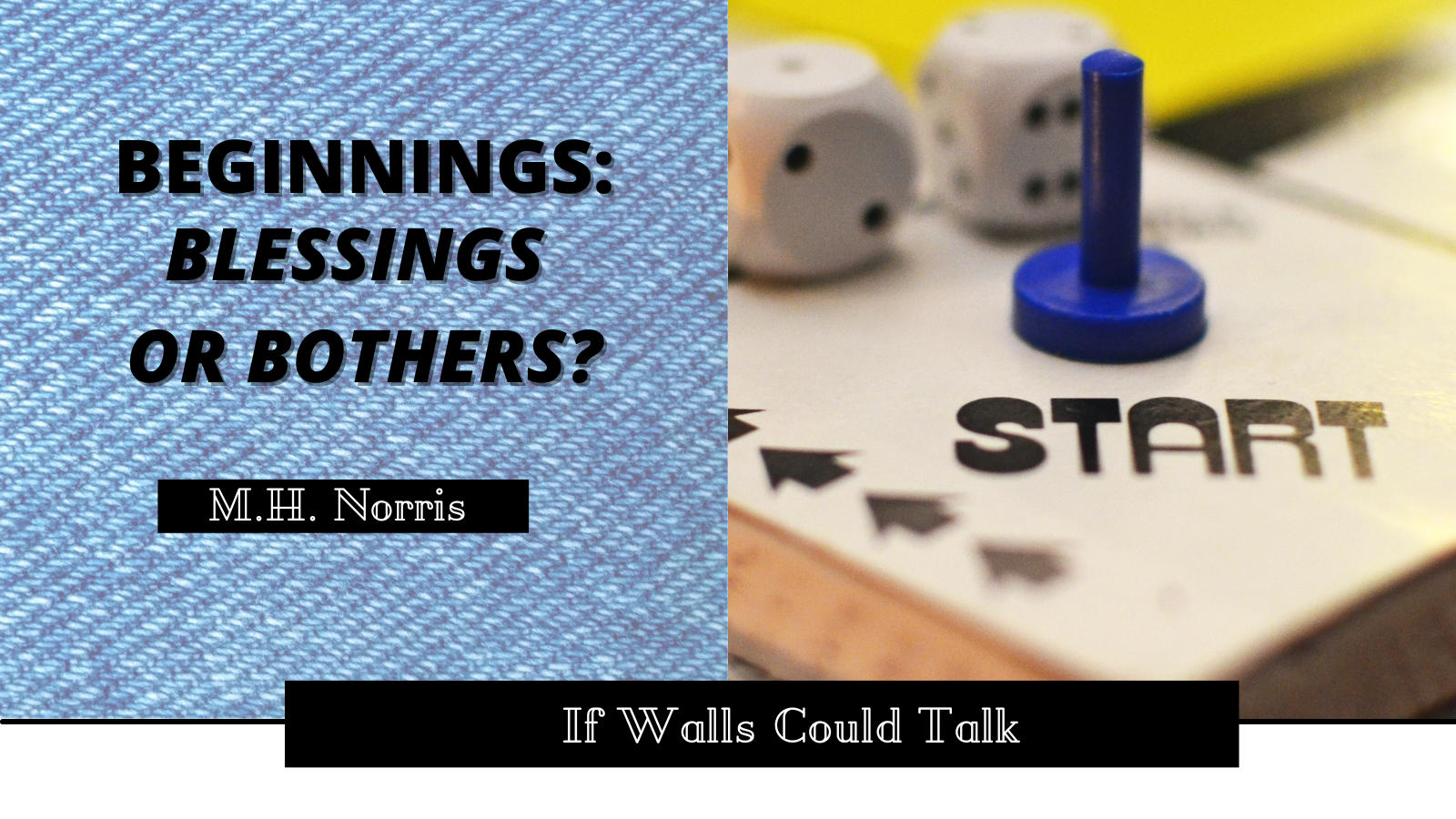
It’s been ten years since my first short story was published. Sometimes, I can’t help but sit back and look at the ideas that I had a decade ago about the craft of writing and laugh at my own naivety. Before I took that all important first professional step, I was under the idea that writing was nothing more than sitting down and, well, writing.
I was convinced that productivity meant I sat down and wrote X amount of pages, or X amount of words.
To that point, I hadn’t seen much evidence to the contrary. A few months ago, I found a notebook that was written when I was probably around 9 years old. In it, among other things, are a handful of short stories that younger me wrote. I’m sure I just sat down and wrote out whatever half baked idea popped in my head. I think younger versions of me (even the version from 10 years ago) would have a heart attack if they knew that I write murder mysteries (and not even cozies) these days. It amuses me how much I’ve grown.
But those versions of me would also be surprised at what really makes up the craft of writing.
I’ve run into a few places where people talk about how many words you are putting out in a single week. And I had a realization. Writing is only one small part of the craft. There is so much that goes into writing that isn’t putting words on the page.
There are weeks where I feel like I’ve accomplished nothing because I haven’t added to my projects overall wordcount. But that doesn’t mean I haven’t done anything for my writing during the week.
To illustrate my point, I’m going to walk you through my writing process, focusing on the parts that aren’t sitting down with the actual document to write.
1) Research
It’s amazing how much there is to learn about a subject. I remember writing my first mystery and realizing I knew very little about how to go about it. I officially accepted the book towards the end of January that year, with a deadline of the first week of May.
I proceeded to spend the entire month of February doing nothing but research. I bought several books, read case studies of various serial killers, binged Criminal Minds (it’s important to know the state of the genre), and more. I even went on a three-day research rabbit hole for something that ended up on the editing room floor.
While creative liberty is a thing, you want to be careful not to push it. By doing your research, you add a layer of realism to your work which helps it come to life that much more.
Right by my desk is a bookshelf and at least half the books are research related and connected to various projects. I keep everything from all my projects because you don’t know when you’ll need something again.
One of the first research books I bought was Police Procedure and Investigation by Lee Loffland. I’ve read this book at least three times. While these days, I write an anthropologist instead of a cop, my first book was centered around a police detective. By reading that, I got an idea for what I could and couldn’t get away with.
Research can be more than just reading. I had a retired officer take me to a gun range and show me how to fire a gun. Since my detective carried one, knowing how to handle it helped me write her more realistically. There are no gunfights in the novel; firearms aren’t ever discharged. I’m not sure I’ve ever written that. But the research helped me see how she’d carry herself, especially in a hostage situation, and the responsibility that she’d have to exercise and show at all times.
I knew how to handle it, so that I could write her more realistically.
I’m also looking into going axe throwing for some research, just to get a feel for the tool.
For the record, research doesn’t have to be all work, it can be fun too. A good example is when I had to research the history of theme parks. While I do find digging for the right book fun, research comes in many more forms.
2) Outlining
I find it amusing that this is on the list. For the first half of my writing career, I hated outlines. But these days, I rely on them.
Outlines come in stages for me. When I start a project, I do a vague list of plot beats. Here’s where I’m starting, here’s where I’m ending, and here are some beats along the way. It’s about giving the plot a shape, and a path I can follow and flesh out.
Then, I go and do a more detailed outline based off those notes. I do a few chapters at a time, write them out, and then outline some more. Another thing of note, I type out the rough outline (usually so James can collaborate and input his thoughts) but I hand write the detailed one. To me, there’s just something about writing it out that helps me develop my thoughts on the subject.
I got my method of outlining from a book called 2k to 10k: Writing Faster, Writing Better, and Writing More of What You Love by Rachel Aaron. While I don’t follow her model exactly, I do a variation of it. Honestly, it was a game changer when I implemented this into my writing routine.
For me, it helps increase my output. By alternating between writing and outlining, I have gotten more words on the page and I’ve improved my writing.
3) Editing / Proofreading
I used to print out entire manuscripts and read through them and hand edit. Sometimes, I still do that. In fact, I still have the version of Notches where I did just that. From a health perspective, it’s a perfect way to still do something writing related on a bad headache day. On the other hand, I find I catch more if I print things out.
Editing is a slow process for me. Not only is there the actual editing, there’s the notes and rewrites that follow. You have a significantly smaller output level when you are at this stage because the bulk of the work has been done. It can take just as much time to refine parts of a work as it does to write a complete first draft, and that’s okay.
While it “lowers” your output, this is a vital part of the process. Make sure your work is the best it can be. You deserve it.
Wrapping Up
One thing I love about the writing process is that no two writers do it the same. Despite what some books want to tell you, this craft is not a one size fits all thing. We all do it differently.
If you take nothing else from this article, take the idea that even if you don’t have a lot of words in a given week, there’s a lot involved in writing that isn’t putting words on the page.
You’ve got this.




